Duncan Scott wants to set the record straight: he isn’t the “Alloa boy” the world seems to believe he is.
“There’s this thing with Alloa that’s gone on for years,” the Olympic gold medallist swimmer laughs.
“I’ve lived in Stirling for about 10 years now. I’m very much Stirling.
“Not that I’ve got anything against Alloa – it’s a lovely part of the world.”
Sitting poolside at the National Swimming Academy on the University of Stirling’s campus, hair still damp from a training session, 27-year-old Duncan seems relaxed and right at home.
As Scotland’s most-decorated Olympian (not to mention the pile of Commonwealth Games, European Games and World Aquatics Championships achievements), the swimming world is watching his every move with bated breath.
Most recently, Duncan won gold in the 400m freestyle at Singapore’s short course World Cup event on November 1, breaking the British record by two and a half seconds.
He admits he feels the pressure to succeed building with every win, but adds: “I’d say it holds me accountable.”
“Pressure is a privilege – it means that there’s something on the line. And I really do enjoy that.
“There’s a reason why my best performances have been at Olympic Games. I love that kind of atmosphere and environment.”
High-performance behaviours from day one
In fact, according to Duncan’s long-time coach, the swimmer was trained from day one to thrive on the biggest sporting stage.
Steve Tigg, outgoing leader of the University of Stirling’s high-performance programme, says the ethos in Stirling purposely mirrors that of British Swimming.
This ensures a smooth transition for athletes competing on a British team for the first time, like Stirling swimmer Angharad Evans.
She broke a British record during her debut appearance on Team GB at 2024’s Paris Olympic Games.
“It wasn’t a surprise; there weren’t different expectations or demands,” explains Steve.
“High-performance behaviours are normalised, day to day.”
Duncan Scott and Angharad Evans weren’t the only Stirling swimmers to compete in Paris; they were joined by Jack McMillan, Kathleen Dawson, Katie Shanahan, Lucy Hope, Keanna Macinnes and Paige van der Westhuizen.
Of those eight Olympians, Duncan brought home a gold and silver medal, and Jack also won gold.
So, can Stirling’s approach to elite swimming be replicated elsewhere? Steve believes it can – to some extent, anyway.
Can Stirling’s swimming success be replicated?
“One of the most important aspects of high-performance swimming at Stirling is the intimacy of the campus and the town,” he says.
In 2021, a new sports facility was built on campus, right next door to the National Swimming Academy pool.
“And that means, if you’re a high-performing athlete, the convenience afforded to you – because every minute of your day is quite precious – can accumulate to being quite significant each week, or even every day,” explains Steve.
“In Stirling, two cars in front of you at the traffic lights is a big queue. And the furthest you’ll stay away is a 10-minute drive, if you choose to.
“If you’re a student, your classes are on campus. If you need additional support, the institute is on campus.”
He adds: “I think what other places need to do is understand their geography and what the possibilities are and take it from there.
“It’s not about just lifting somewhere and copying it. It’s about understanding what the limitations are from a geographical point of view or a resource or a people point of view.”
Duncan credits both Steve and his fellow coaches, including Bradley Hay, and the older Stirling swimmers with creating the right environment and culture for success.
“And then I’d probably also say the trust that’s starting to build from the university and Scottish Swimming and British Swimming as well, with what we do,” he continues.
“It’s quite a different training model that’s being used here comparatively to down south in Bath, Loughborough and other places.
“So, yeah, I’d say it’s a combination of a few things, but there’s a reason why there’s been consistency of performances.”
‘It doesn’t matter who you are – your only job is to improve’
Steve Tigg is preparing to start a new role as Head Coach of Aquatics GB, marking a big step for the 39-year-old’s career, and the end of an era for Stirling’s high-performance programme.
He will be replaced by Ben Higson, due to return to Stirling after seven years away.
Surrounded by packed boxes in his office, just off the National Swimming Academy pool, Steve struggles to pick a personal highlight from the past fast-paced 10 years.
Yet, his lasting legacy speaks for itself – not least in the good-humoured humility of the talented Duncan Scott, whose feet Steve has been keeping on the ground for the best part of 20 years.
“It doesn’t matter what level you’re at: everybody’s here to try and do the same thing, which is to improve,” the coach says.
“So, if you’re the Olympic champion, your job is to improve. If you’ve never been to the Olympic Games, your job is to improve.
“And, actually, if somebody who isn’t quite on the same level as you has got a higher commitment to improving, then they should probably get more support and help than you.”
For more Stirling news and features visit our page or join us on Facebook
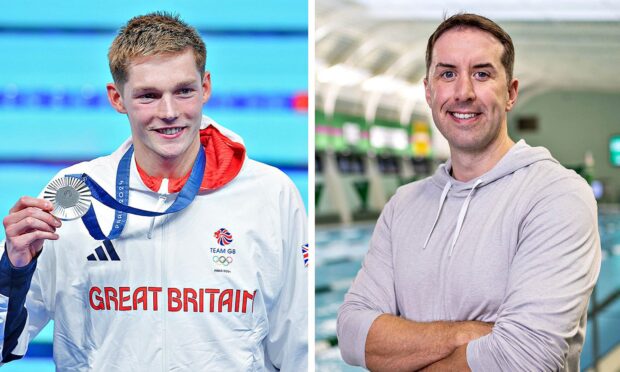
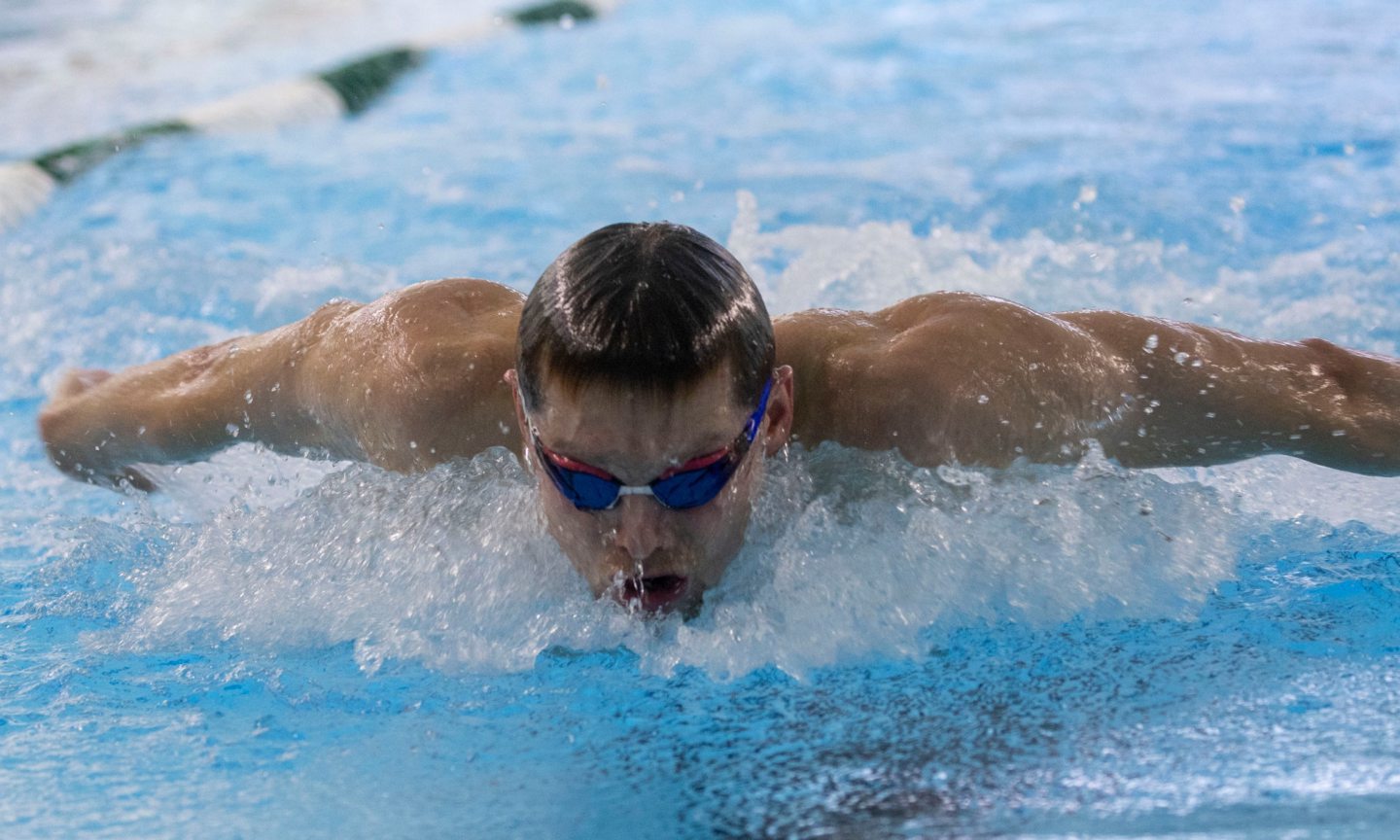
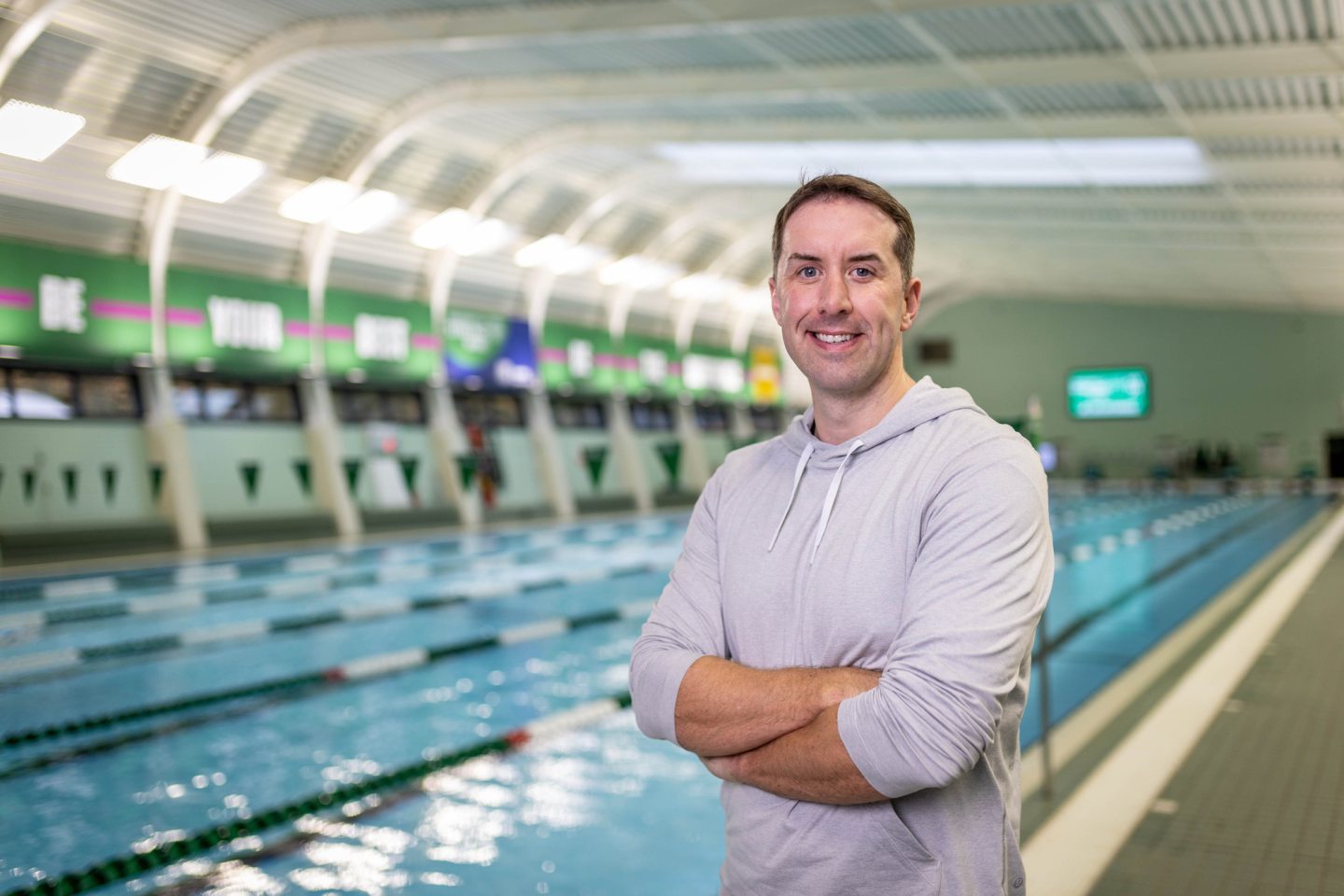
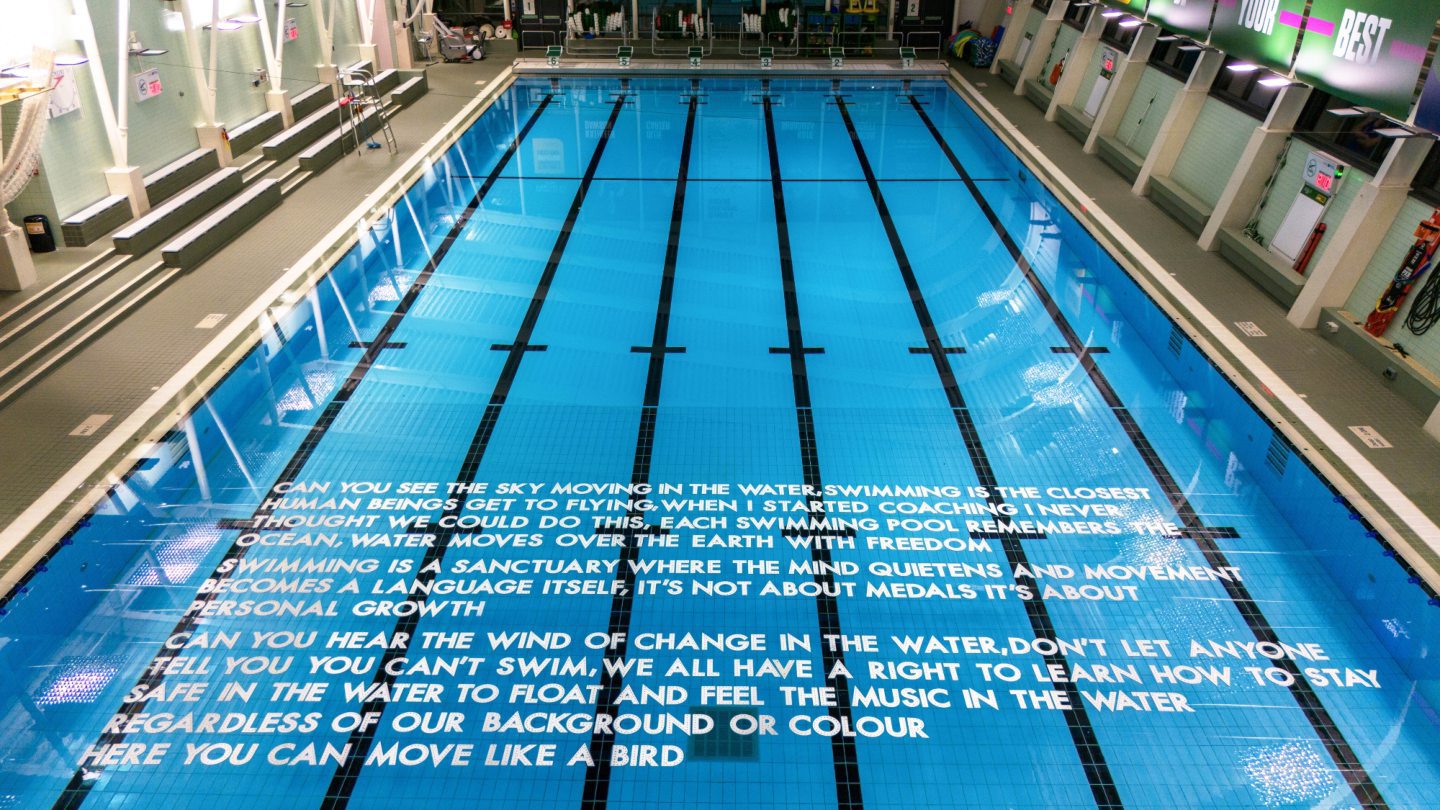
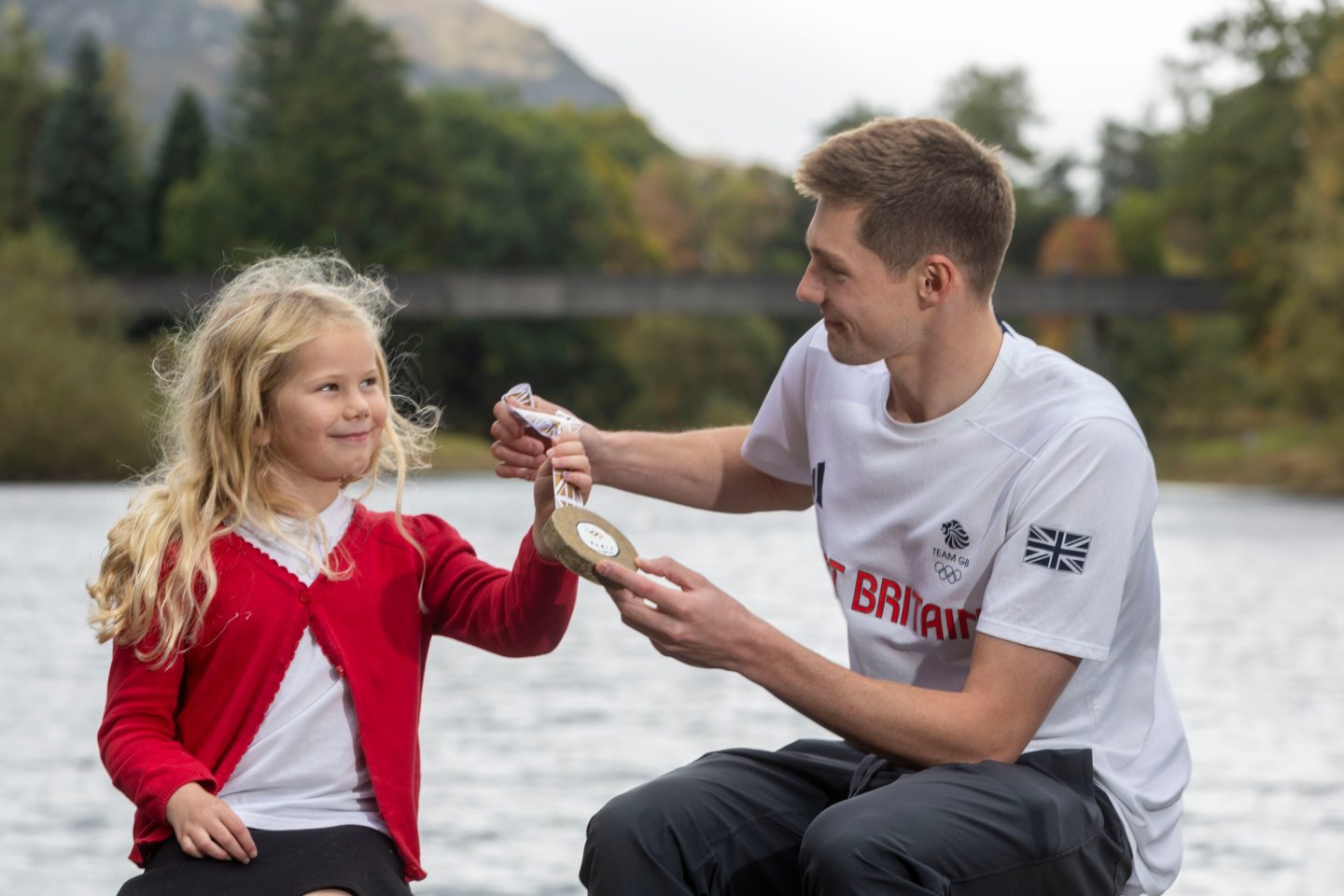

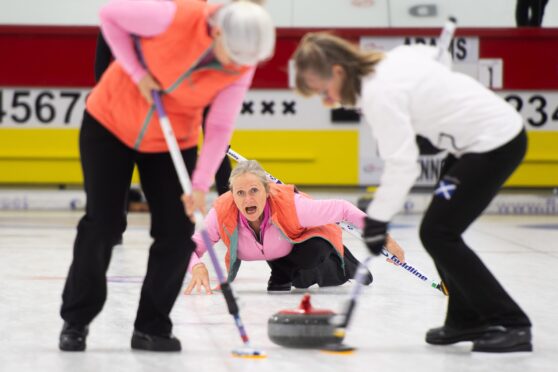
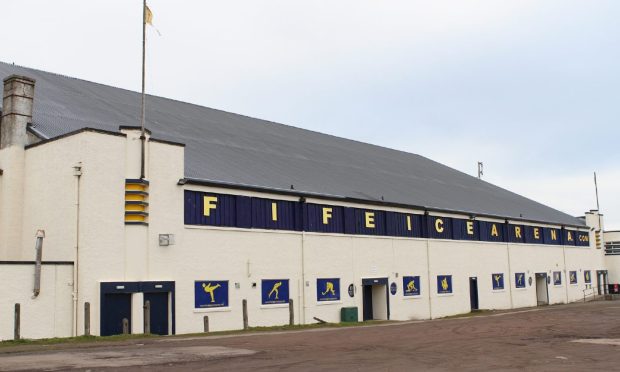
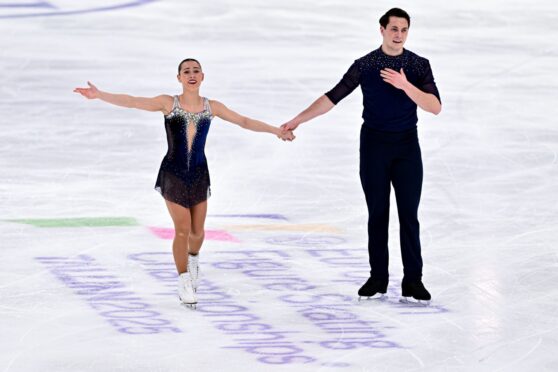
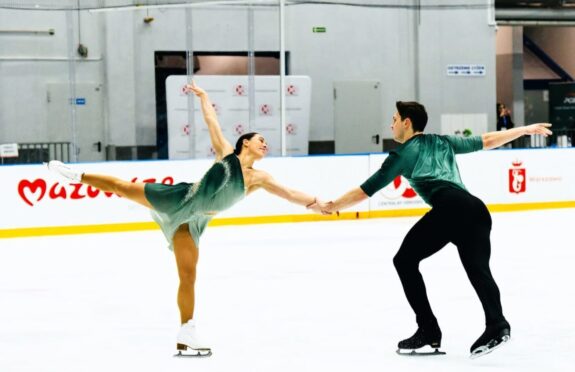
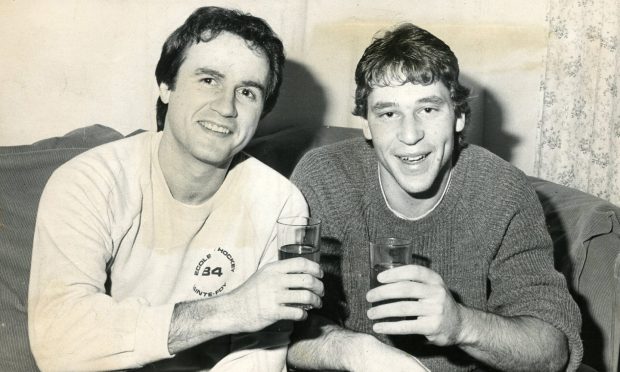
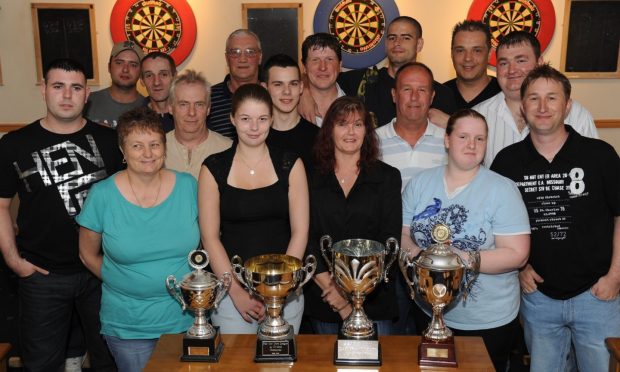

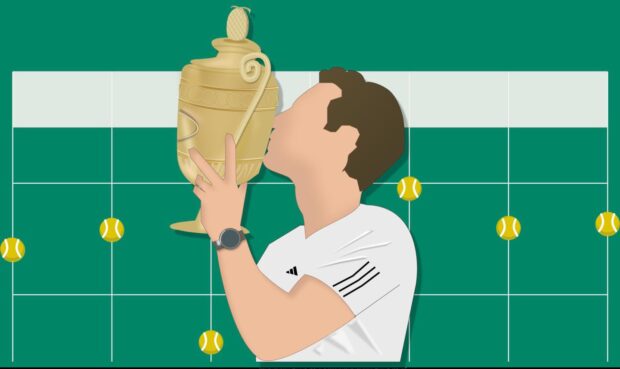


Conversation